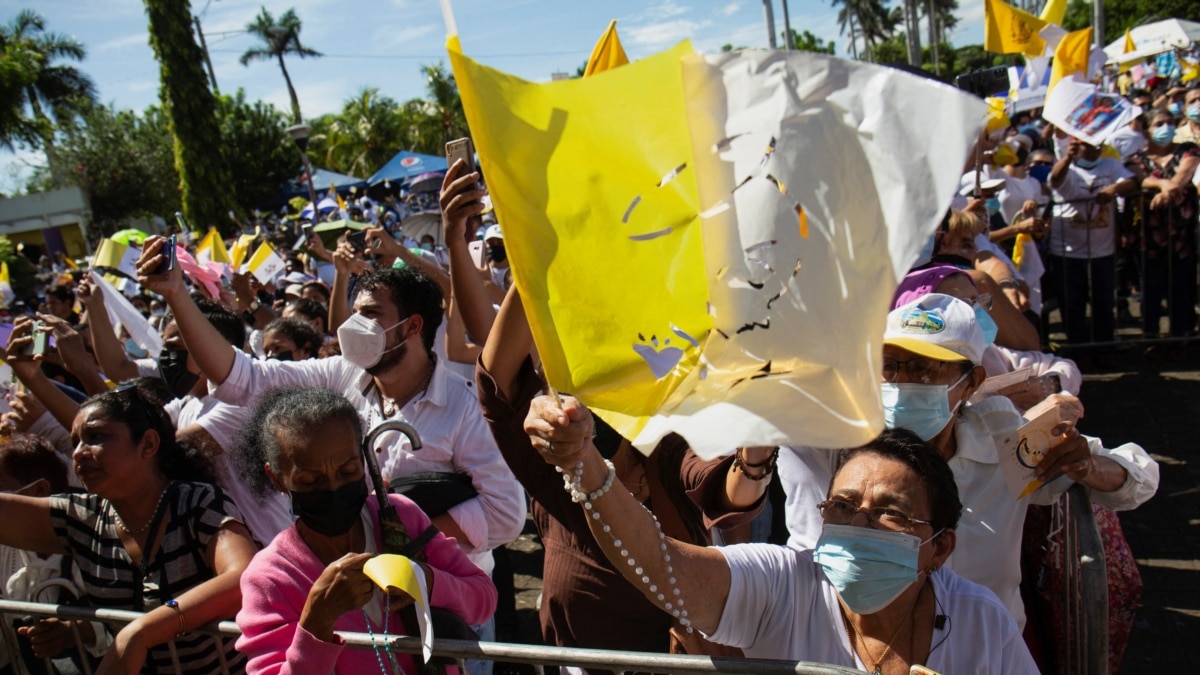The United States government made public on Friday its list of countries for which it feels “special concern” due to their treatment of religious freedom and, as it has done in recent years, kept Nicaragua and Cuba.
“In some cases, they stifle people’s freedom of religion or belief to seize opportunities for political gain,” Secretary of State Antony Blinken said of these governments in a statement.
Nicaragua and Cuba have appeared in previous years on this list.
Also on the list are Myanmar, the People’s Republic of China, Eritrea, Iran, the Democratic People’s Republic of Korea, Pakistan, Russia, Saudi Arabia, Tajikistan and Turkmenistan.
According to the announcement of the US high diplomacy, the actions for which such governments are accused “sow division, undermine economic security and threaten political stability and peace”.
The US alleges that it makes the decision in the appointments taking into account the values and US interests of “protecting national security and promoting human rights throughout the world.”
On August 19, Bishop Rolando Álvarez, was arrested in Managuain what constituted another chapter of the actions of the government of Daniiel Ortega against his critical voices.
Back then, the police reported in a statement hours after the measure was taken because the religious “persisted with destabilizing and provocative activities.”
Recently the US Commission for International Religious Freedom (USCIRF) denounced the campaign of “religious persecution” against priests of the Catholic Church in Nicaragua and pastors of other denominations.
“Ortega’s campaign of persecution against religious freedom is aggressive,” said Congressman Mario Díaz-Balart, when reviewing the expulsion of the Vatican’s apostolic nuncio from Nicaragua, Monsignor Waldemar Stanislaw Sommertag, in March, and the successive arrests of priests in mid of this year, as a moment that has highlighted the magnitude of the crisis.
Last August, the NGO Prisoners Defendersbased in Spain, presented a report denouncing religious “repression” in Cuba.
The organization denouncedafter analyzing the new Constitution of Cuba, which entered into force in 2019 and determined that it “has meant a slight step back” in terms of religious affairs.
in the report ‘Constitutional reform and religious freedom in Cuba’after investigating parameters such as freedom of expression and the right to non-discrimination, the organization determined that “the Communist Party has arrogated full powers to restrict freedom and religious cults arbitrarily without legal capacity to oppose.”
Connect with the Voice of America! Subscribe to our channel Youtubeand activate notifications, or follow us on social networks: Facebook, Twitter and instagram.















